
Regulating the brokering of small arms and light weapons
June 28, 2024Especially since the 1990s, international transfers of SALW and ammunition have been conducted in increasingly differentiated markets. A multitude of products, buyers and suppliers around the world, including State-owned entities and large defence manufacturers, use the services of specialist intermediaries, as well as private agents and dealers. States often use brokering services for the purpose
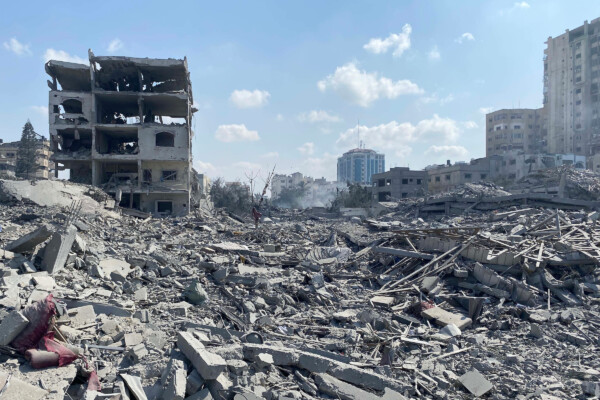
Belgian arms exports to Israel: The discrepancy between words and deeds in export control policy
March 5, 2024In this report, Vredesactie and IPIS take a critical look at Belgium’s policy on the export and transit of defense-related goods and dual-use goods to Israel. The new Gaza war puts this arms trade policy back in the spotlight. The regional governments, responsible for arms trade, regularly claim to assume the highest standards. And according to current policies, Belgium does indeed have a strin
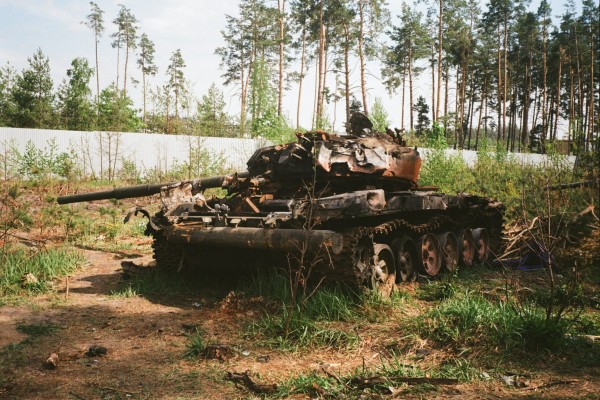
The Ukraine war, environmental destruction and the question of ecocide
October 17, 2023Arms Trade Bulletin: September – October 2023 Early September, controversy erupted due to the US delivery of depleted uranium (DU) ammunition to Ukraine as part of their latest $175 million military aid package, including the M1A1 Abrams tanks. Despite the US following the UK’s example, which had already sent DU ammunitions, this is the second controversial US arms delivery since the
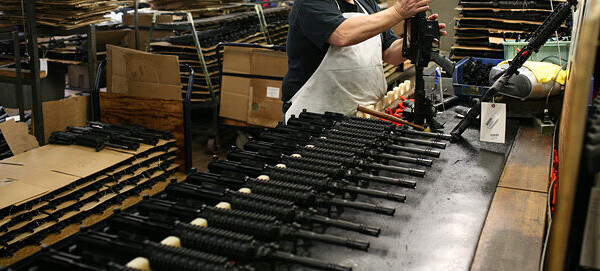
Due diligence responsibilities of businesses involved in small arms and light weapons
September 18, 2023IPIS and the International Action Network on Small Arms (IANSA) have developed a Fact sheet on “Due Diligence Responsibilities of Businesses Involved in Small Arms and Light Weapons.” For over a decade, the international community has been developing guidelines for responsible business conduct for States and companies to prevent, address and remedy human rights abuses committed in business operati
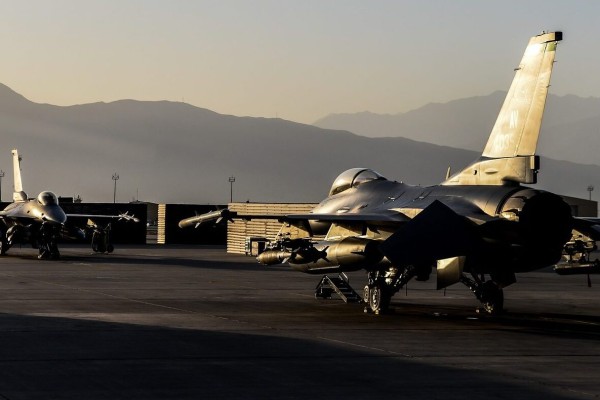
Where would Ukraine’s “wings for freedom” be flying to?
February 24, 2023Arms Trade Bulletin: January – February 2023 Today marks the first year of Russia’s unlawful invasion of Ukraine, and with a Russian spring offensive in sight, Kyiv is requesting ever more offensive weapons from NATO countries. From the very outset of the war, Ukrainian president Volodymyr Zelensky has been maintaining a proverbial shopping list that included NATO-standard weapons. Despi
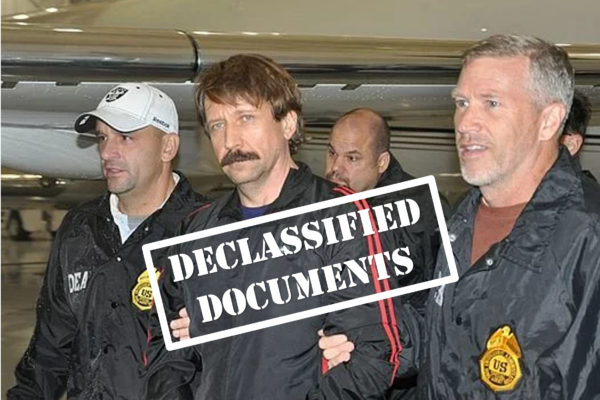
Viktor Bout documents released under Mandatory Declassification Review by the Clinton Library
September 26, 2022In 2015 IPIS vzw asked for a Mandatory Declassification Review (MDR) of selected documents in relation to Viktor Bout, produced by the Clinton administration between 1999 and 2001, and held in the Clinton Library. MDR “is a means by which any individual or entity can request any Federal agency to review classified information for declassification, regardless of its age or origin, subject to certai
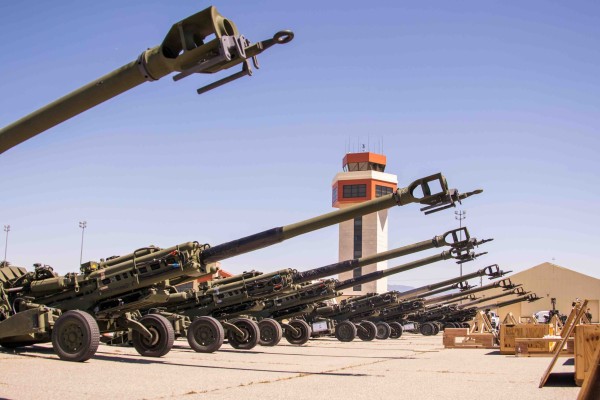
Arms Trade Bulletin March-April 2022
May 10, 2022End-Use Monitoring of Military Assistance to Ukraine Peter Danssaert, Brian Wood & Markus Fahlbusch Since late March, arms transfers to the Ukraine armed forces have increased and changed in nature to counter the invading Russian forces, their atrocities and wanton destruction of civilian infrastructure. Under Putin’s orders, Russian forces have re-concentrated in the south east of Ukraine in

